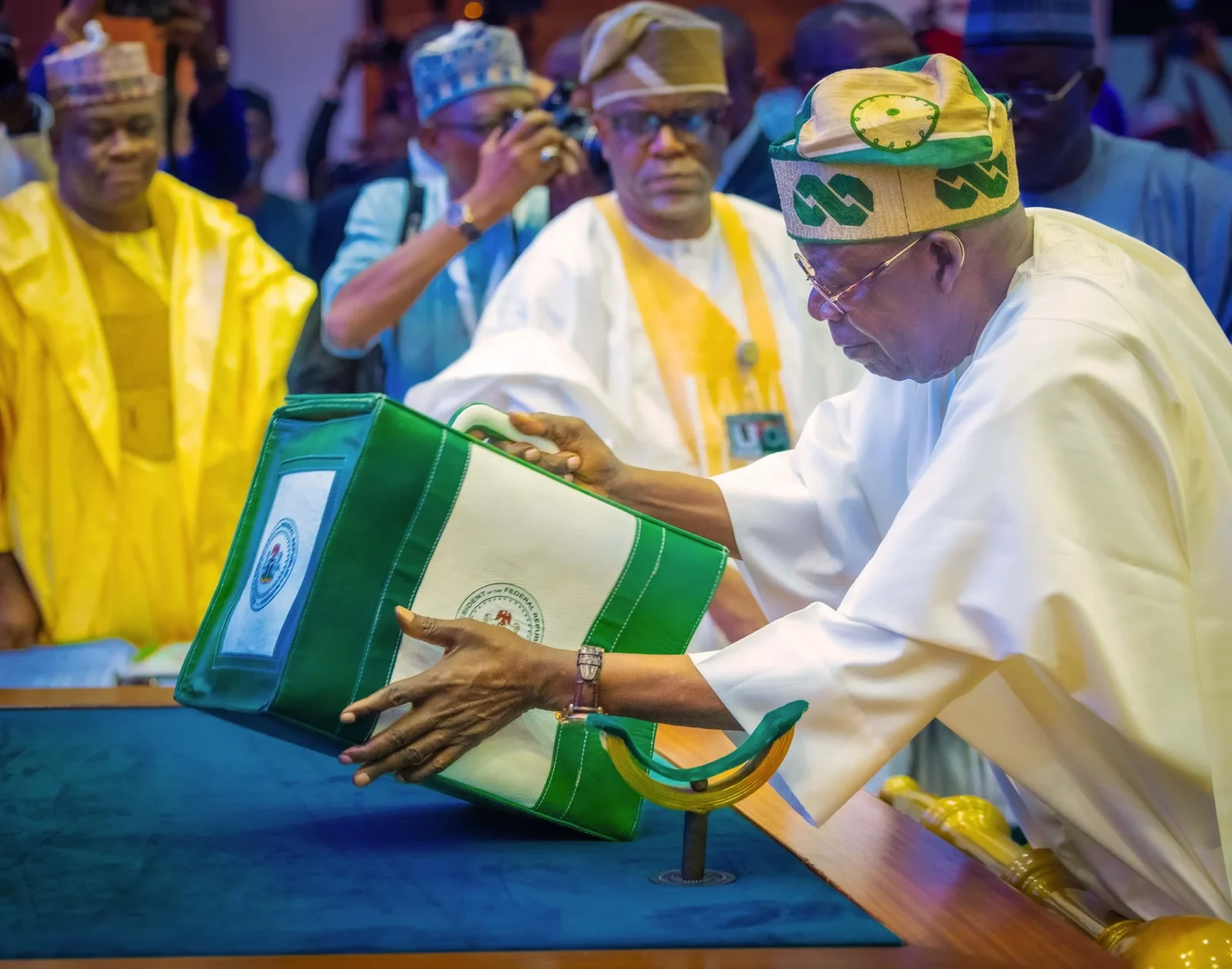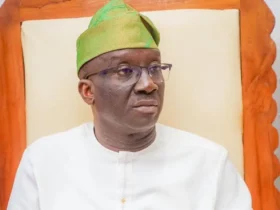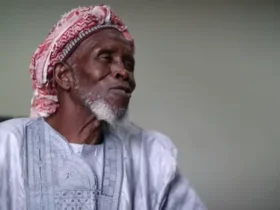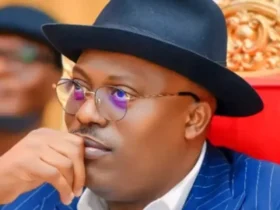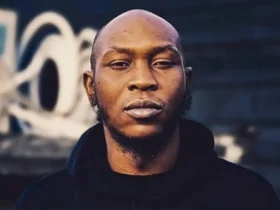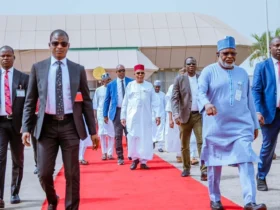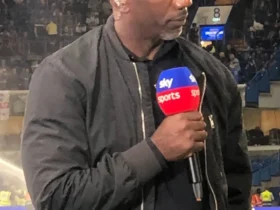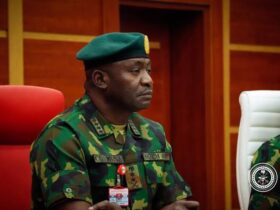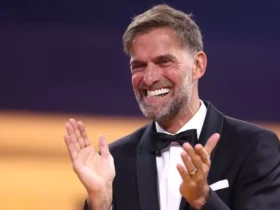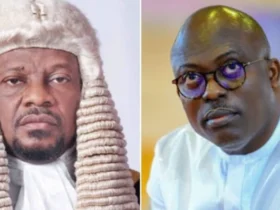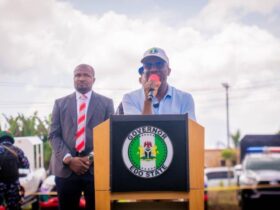An analysis of the proposed 2026 budget by Punch reveals that no fewer than ₦3.50 trillion in new projects have been introduced, despite explicit directives to Ministries, Departments and Agencies to roll over 70 per cent of their 2025 capital allocations and avoid new projects.
Figures extracted from the 2026 Appropriation Bill indicate that new project entries across MDAs alone amount to ₦844.49bn. When Service-Wide Votes are included, the total value of new projects rises sharply to ₦3.50tn.
Against the proposed capital expenditure of ₦23.21tn for 2026, the ₦3.50tn provision for new projects represents 15.09 per cent of total capital spending.
In December 2025, the Federal Government had directed MDAs to carry over 70 per cent of their 2025 capital budget into the 2026 fiscal year as part of efforts to prioritise completion of ongoing projects amid weak revenue performance.
The directive was contained in the 2026 Abridged Budget Call Circular issued by the Federal Ministry of Budget and Economic Planning and circulated to ministers, service chiefs and heads of agencies.
According to the circular, “MDAs are to upload 70 per cent of their 2025 FGN Budget to continue in FY2026, rather than seeking fresh projects,” adding that all spending would be subjected to scrutiny to ensure value for money.
Contrary to the guideline, Punch observed that at least 82 MDAs have one or more new capital or programme items in the 2026 budget.
Across these MDAs, more than 400 fresh project lines were introduced, ranging from multibillion-naira infrastructure and health projects to smaller constituency-based interventions such as boreholes, training schemes and equipment supply.
Service-Wide Votes Dominate New Allocations
A breakdown shows that Service-Wide Votes account for ₦2.66tn of the ₦3.50tn new projects, indicating that the largest allocations sit outside conventional ministerial capital lines.
The biggest single entry is ₦1.70tn for outstanding contractors’ liabilities from 2024. This alone represents about 48.55 per cent of the total new projects, including Service-Wide Votes.
Other notable Service-Wide Vote items include three N100bn allocations for the Nigeria Development Finance Corporation, the Economic Transformation Finance Programme and the Nigeria Growth Investment Fund, totalling N300bn.
Additional provisions include ₦20bn for INFRACO capitalisation, N30bn for a DSS special operations fund, and ₦110.31bn for the Nigerian Air Force to settle obligations on T-129 ATAK and Mi-35 helicopters.
The budget also earmarks ₦283.85bn for presidential air fleet logistics and management, including the operation of the National Forest Guard.
Top MDAs With The Highest New Project Values
Among MDAs, the Budget Office of the Federation recorded the highest value of new projects at ₦375bn, allocated for a multilateral or bilateral tied loan for the Power Sector Recovery Operation. This single item accounts for 44.41 per cent of total MDA-level new projects.
The Federal Ministry of Transport follows with ₦210.53bn, covering consultancy services for rail projects and the construction of six national bus terminals across the geopolitical zones.
The National Library of Nigeria has ₦24bn earmarked for structural renovation and space upgrades nationwide, while the National Blood Service Commission received ₦15bn for a national blood service centre and rehabilitation of state offices.
The Sokoto Rima River Basin Development Authority has ₦9.14bn in new projects, including solar mini-grids, rural roads, irrigation water pumps and youth empowerment schemes.
Further analysis showed ₦5.85bn allocated for vehicle purchases across MDAs, with major allocations at FUT Iyin Ekiti, FUADSI and Jos University Teaching Hospital.
Furnishing and office equipment projects total ₦2.93bn, while renovation and refurbishment account for ₦29.88bn, largely driven by the National Library upgrade.
Residential and staff accommodation projects stand at ₦25.29bn, anchored by ₦16.48bn for Defence Headquarters facilities and ₦7bn for DSS housing.
The Punch noted that this is not the first time the Federal Government has attempted to curb the introduction of new projects.
In December 2024, the government similarly directed MDAs to exclude new projects from the 2025 budget unless they were directly linked to completing ongoing initiatives.
The 2024 Budget Call Circular clearly states that no new projects will be admitted into the 2025 capital budget unless MDAs can demonstrate that sufficient resources have been allocated to complete ongoing projects.
The document read, “Again, the thrust of the FGN’s capital expenditure programme in 2025 will be the completion of as many cardinal ongoing projects as possible, rather than starting new projects. Thus, MDAs are hereby advised that new projects will not be admitted into the capital budget for 2025 unless adequate provision has been made for the completion/work programme of all ongoing projects.”
Also, MDAs have been instructed to carefully scrutinise and justify their proposed projects and programmes, ensuring that these align with the country’s immediate needs and the government’s key development priorities.
These priorities, as set out in the circular, include national security, economy, education, health, agriculture, infrastructure, power and energy, as well as social safety nets, with a focus on women and youth empowerment.
However, it appears that MDAs often flout this directive without any scrutiny from the Budget Office of the Federation or the National Assembly.
The National President of the Nigerian Economic Society, Professor Adeola Adenikinju, earlier argued that the late budget presentation prevents the National Assembly from carrying out proper scrutiny.
Adenikinju said, “The 2026 budget should have been in the National Assembly for consultation so that we can keep to this January 1st thing. That makes our fiscal system predictable.”
The economist said the rush to approve budgets does not allow for proper analysis and prevents ministries and departments from fully defending their plans. He warned that the practice was creating a disorganised fiscal environment.
A development economist and Chief Executive of CSA Advisory, Dr Aliyu Ilias, told Punch that the Federal Government has fiscal discipline problems.
He insisted that government performance on fiscal and budget discipline “for now has not done well” and suggested that the lapses were deliberate. “I am sure I want to say that it is intentional because you could have seen that this is becoming an error,” he said.
Ilias said the problem also rested with the National Assembly, which he accused of failing in its oversight duty.
He said the legislature was tolerating inefficiencies, adding that “The National Assembly is also failing, failing in the sense that it is their own responsibility to make sure that those things do not really fly.”
